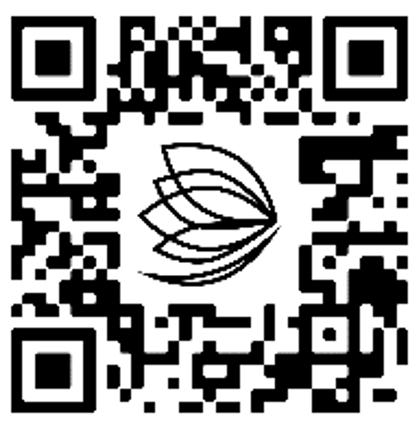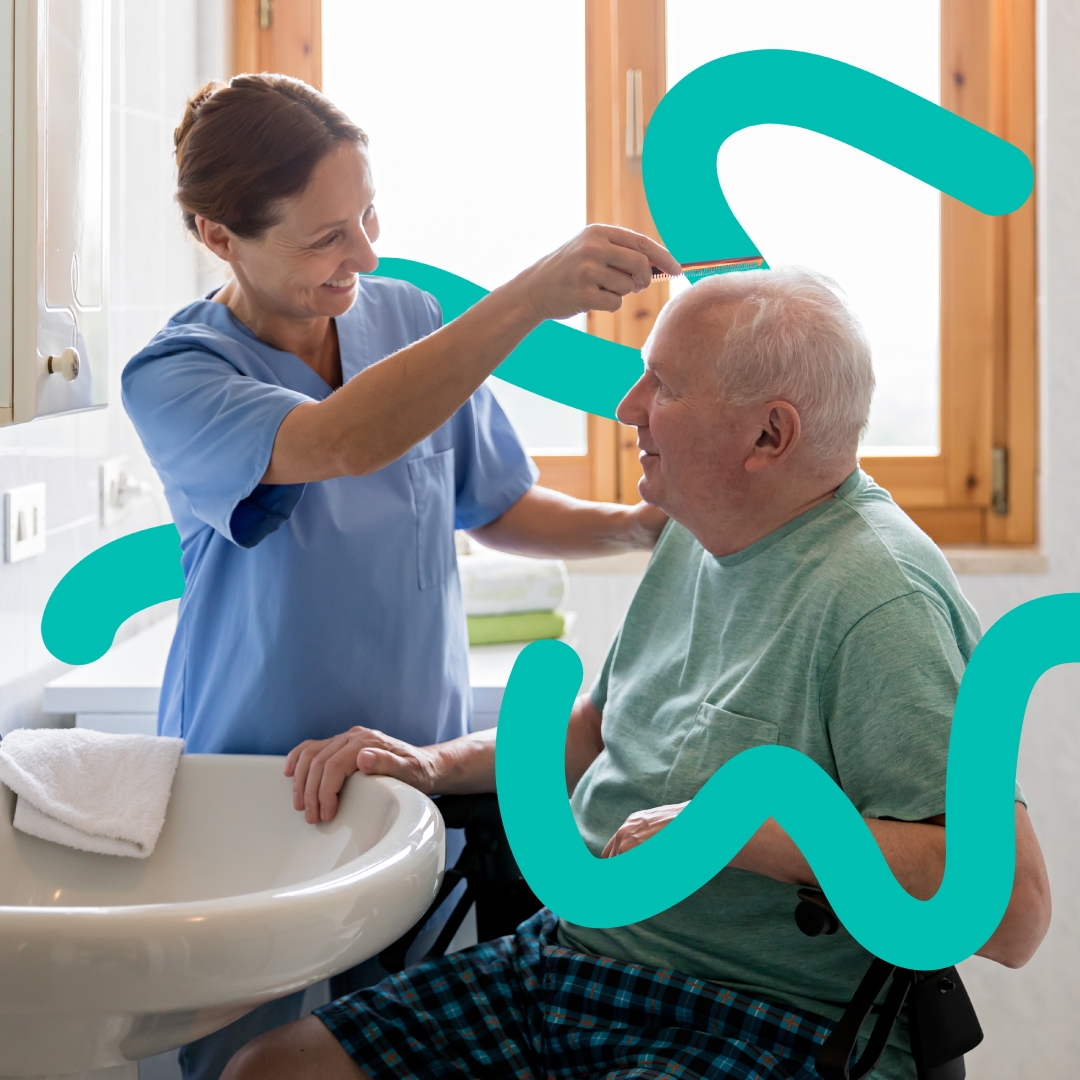If you ask people what superpower they would like, most say invisibility (to enable them to sneak into places they are not allowed) or they want to be able to fly! However, we are all born with a superpower – the ability to know how another person is feeling and this superpower is called empathy.
Some have more of this superpower than others, but it is essential to our survival as this unseen connection lets us know when others have perceived a threat we have yet to perceive or tells us if the person we are with is a threat. This is a very primitive central nervous system response and hasn’t changed since our cavepeople ancestors. Today, it is both a blessing and a curse.
When your job involves helping people who are experiencing illness, trauma, or stress, our empathic response immediately puts us on high alert in case their anxiety or trauma might affect our safety. This response is so good that you don’t even need to be in the room with the person – the fight or flight response can be activated when listening to another person’s distress over the phone!
This process is called vicarious trauma. If you don’t believe me, think about your response to a scary movie! Intellectually you know that what you see on the screen cannot harm you, but your poor primitive brain doesn’t so you get very scared, something that some people really enjoy!
Vicarious trauma and Compassion Fatigue
How does this relate to Compassion Fatigue? In order to do your job well and get that feeling that you have ‘made a difference’, you need to have an empathetic connection to those you care for, or manage. The stronger the empathetic connection, the better you are doing your job! However, the stronger the empathic connection, the greater the emotional effect of this vicarious trauma on you. The problem is that when your nervous system detects this threat it wants you to act on it, but you can’t as it is literally your job not to. Does this mean you can turn this reaction off? No, but you can and do supress it daily and it is this cumulative impact of exposure to vicarious trauma that leads to the symptoms of Compassion Fatigue. There are times of course when you are very emotionally robust and can deal with it all but there are also times when you become completely overwhelmed and emotionally exhausted.
As healthcare professionals we all receive plenty of training in pro-active physical health and safety but none at all or very little on pro-active emotional health and safety. So, for many of us, (me included) the impact of Compassion Fatigue was not something that was ever discussed and so we have no way to mitigate it. In fact, until the late 1980’s there was very little research done on the emotional impact of vicarious trauma on caregivers. The first person to look at this was an American traumatologist called Charles Figley. He wrote a book on his findings and was the person who coined the term Compassion Fatigue and gave it a definition:
“The natural consequence of stress resulting from caring for and helping traumatised people or animals”
He realised that this constant exposure to trauma gave rise to specific symptoms, and he arranged them into groups he called phases, this is the body’s normal emotional response to the witness trauma and a result of the suppression of the stress response.
He arranged the symptoms into phases and in each phase, he identified the way that the stress response makes us feel. In the Anxiety phase people feel guilty if they relax or take time from themselves and feel the need to control and micromanage everyone. They also can experience the physical symptoms of the stress response including being unable to sleep and becoming hypervigilant. In the Irritability phase people are quick to anger and can be unreasonable and difficult whilst also feeling guilty that they are losing compassion. In the Withdrawal phase colleagues will notice that the person has become quiet and will push back at any new initiatives or changes and in the Robot phase people can come across as hardened and uncaring but inside feel numb and overwhelmed.
All these symptoms are completely normal and the bodies’ reaction to vicarious trauma and do not mean that you are inadequate, weak or unable to do the job, it simply means that you are a kind and compassionate person who is being affected by the work you do. These symptoms ebb and flow depending on what is happening at work and at home and they key is to recognise them for what they are and then increase the amount of self-care you put in. Problems occur when we ignore them and hope that this will mean they go away!
How to manage Compassion Fatigue
So, what can we do? To be able to care for others we need to be just as caring and kind to ourselves as we are to them. We need to build up our emotional energy to ensure we have enough for ourselves and plenty to give away. We need to take time for this, for example spend time doing things we love, take our holidays, go home on time and prioritise our own emotional health. We need to give ourselves a break and understand that what we do is hard and has an emotional impact on us and this is to be expected! We need to know that at times it’s OK to step back and put ourselves first. This is called self-compassion and is something that we are not particularly good at!
Take the quiz
To take a short quiz to see if you are experiencing the symptoms of compassion fatigue, please use this QR code.


Jayne Ellis is the founder and CEO at EF Training an organisation whose training teaches tools, techniques and strategies to addresses the impact of compassion fatigue. Get in touch with Jayne if you would be interested in her providing training for your team.



